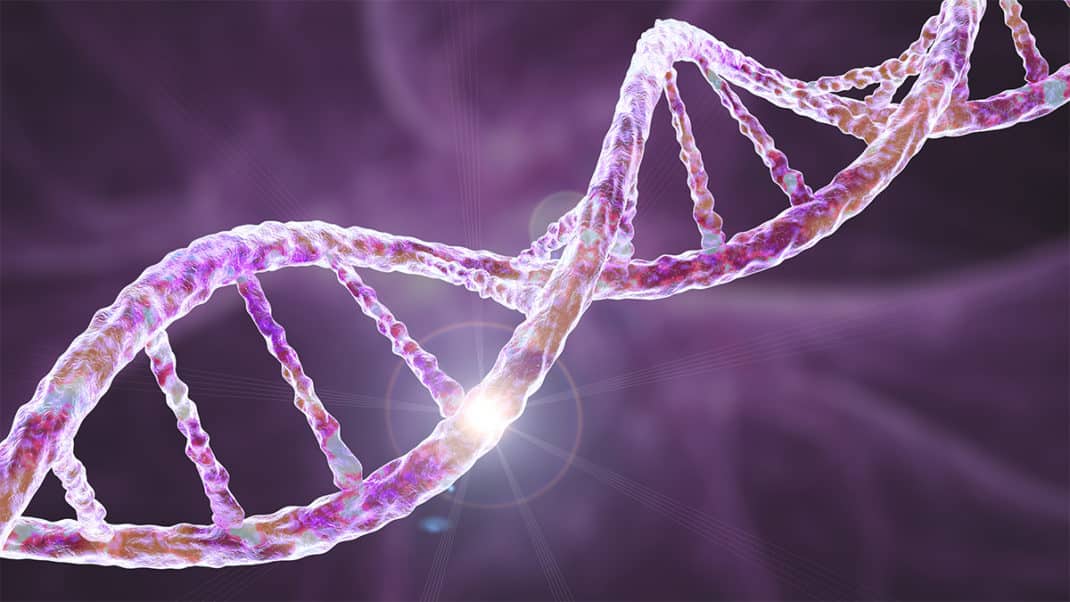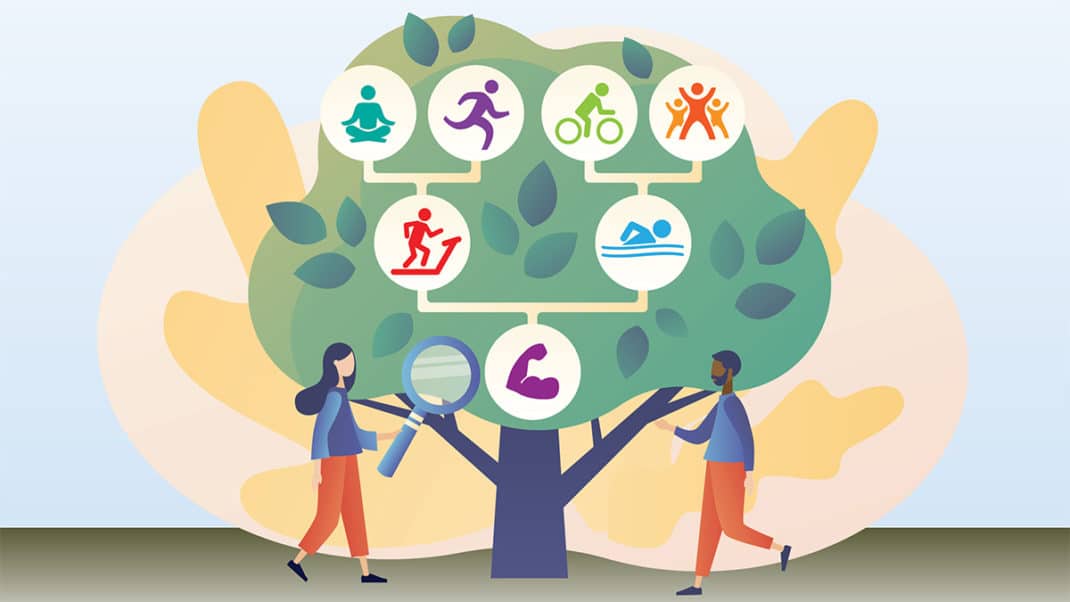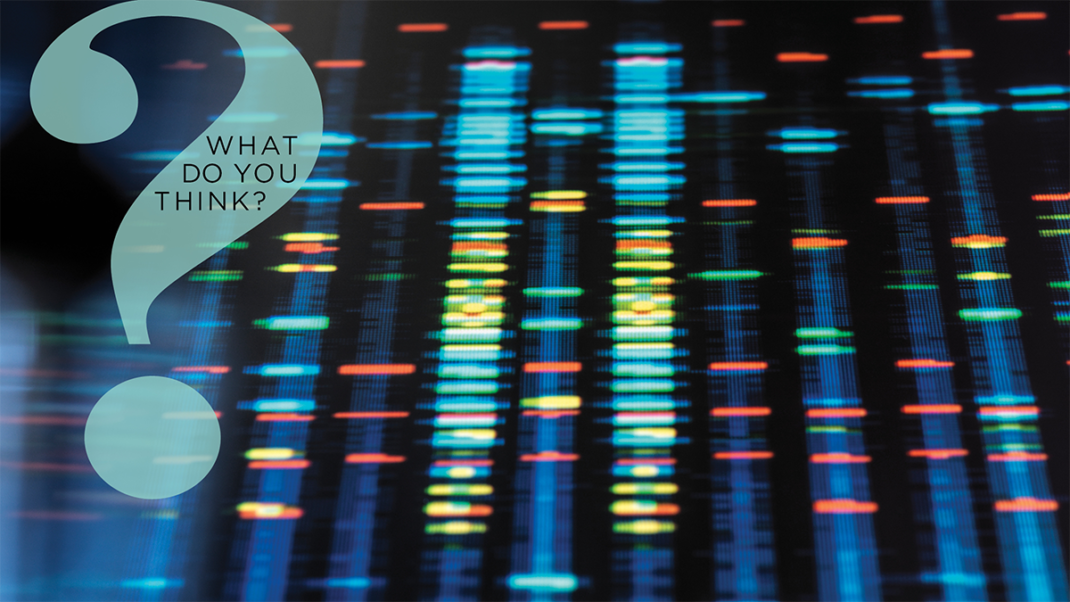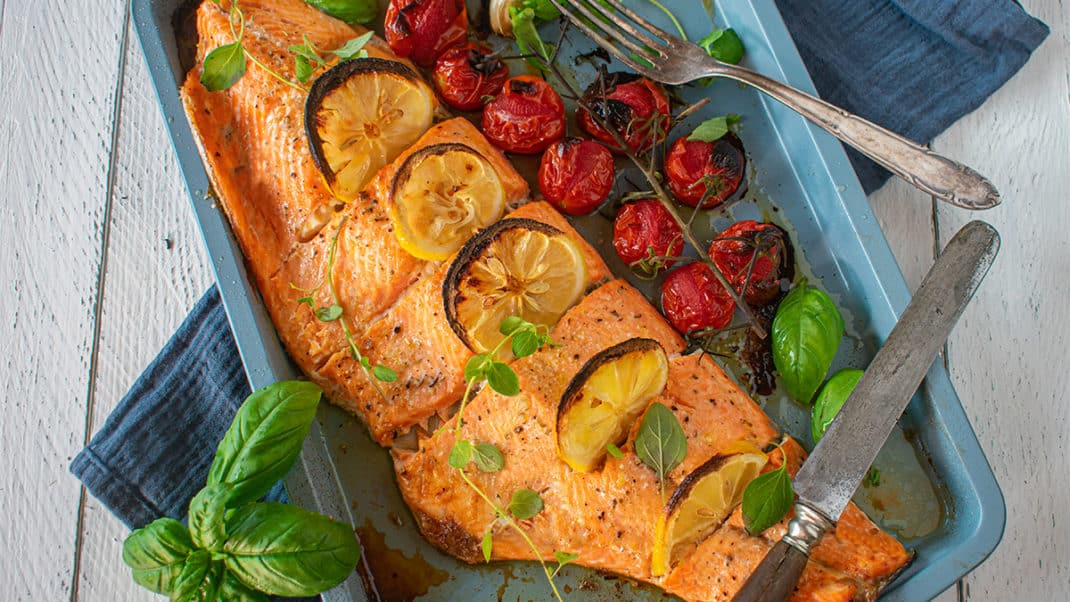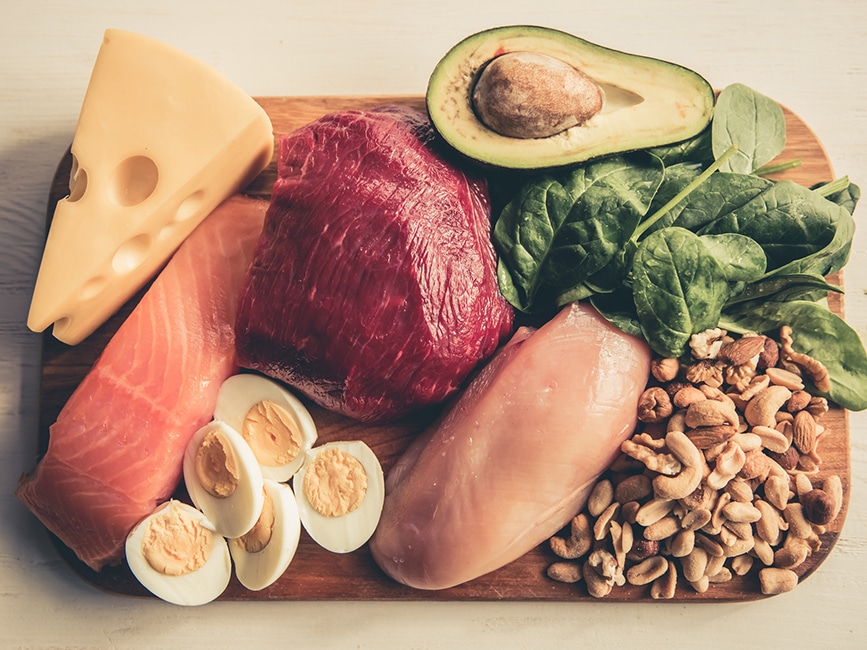Genes and Exercise: Does it Matter?
What does recent research say about targeted outcomes?

Personal trainers understand that one program does not fit every client and that genes may play a role. Still, it can be frustrating when you have two clients who appear similar in numerous ways but one excels at cardiovascular fitness while the other one struggles, despite his best efforts. Why is that? It may indeed be explained by genetic makeup.
A new study from the Cambridge Centre for Sport & Exercise Sciences at Anglia Ruskin University (ARU) in England, has found that up to 72% of the difference between performance outcome following a targeted exercise can be due to genotype. Their findings could help personal trainers customize programs on an entirely new level.
The scientists analyzed results from 3,012 adults between the ages of 18-55—none of whom had previously exercised—to determine how genes might affect three types of physical exercise: muscle strength, cardiovascular fitness and anaerobic power. All participants showed improvements to varying degrees, even when performing the same set of exercises.
The researchers combined data from 24 studies and discovered that genetic differences are responsible for 72% of variations with identical exercises designed to improve muscle strength. Genetic variations caused 44% of the differences seen following cardiovascular fitness exercises, measured through V02 max testing, and 10% of the differences in outcomes following exercises to improve anaerobic power. The remaining variations, researchers discovered, are influenced by nutrition, recovery and injuries.
What causes the variations? Each gene possesses alleles, and the allele type influences gene effectiveness. The researchers believe that alleles cause people’s bodies to respond differently to the same exercises. In total, the study identified 13 genes, and associated alleles, as being responsible for how well the body reacts to cardiovascular fitness, muscular strength and anaerobic power exercises.
Charlie Hoolihan, personal trainer and fitness presenter, Mandeville, Louisiana, says that this study “affirms that trainers and coaches need to monitor client and athlete response to training and use outcomes, good or bad, and adjust training as needed.
“We really don’t need to be geneticists to be effective, but when a training protocol falls short of expectations, it needs to be changed,” Hoolihan continues. “We also need to be more realistic about goals, based on what we know about client history. If we know the client was a high school cross country star, it’s probably unlikely that weight training 5 days per week is in line with his or her genetics. You can apply the same approach to a former football lineman training for a marathon. Everyone needs cardio and strength training to be healthy; our job is to determine the balance.”
The researchers suggest that gene testing could allow exercises to be tailored so they are more effective for each client, rather than applying generic programs. “We know that exercise is good for us, but we all improve at different rates, even when following identical training regimes,” said lead author Henry Chung, in a press release. “This means there are other factors at play. Because everyone’s genetic makeup is different, our bodies respond slightly differently to the same exercises. Therefore, it should be possible to improve the effectiveness of an exercise regime by identifying someone’s genotype and then tailoring a specific training program just for them.”
See also: How DNA Influences Weight Loss.
References
Chung, H., et al. Do exercise-associated genes explain phenotypic variance in the three components of fitness? a systematic review & meta-analysis. PLOS ONE, 2021; 16 (10): e0249501 DOI: 10.1371/journal.pone.0249501
Joy Keller
Joy Keller is the director of marketing communications & PR at IDEA, and has also served as executive editor of IDEA Fitness Journal, IDEA Fitness Manager, IDEA Pilates Today, and IDEA Fit Business Success. She is also a certified personal trainer, indoor cycling instructor and yoga teacher (RYT 200).

